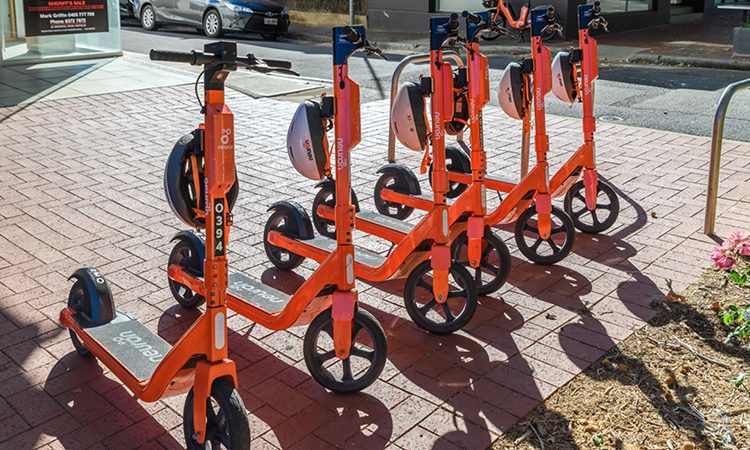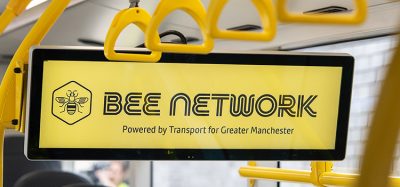Neuron’s e-scooters expand urban accessibility for riders with disabilities
- Like
- Digg
- Del
- Tumblr
- VKontakte
- Buffer
- Love This
- Odnoklassniki
- Meneame
- Blogger
- Amazon
- Yahoo Mail
- Gmail
- AOL
- Newsvine
- HackerNews
- Evernote
- MySpace
- Mail.ru
- Viadeo
- Line
- Comments
- Yummly
- SMS
- Viber
- Telegram
- Subscribe
- Skype
- Facebook Messenger
- Kakao
- LiveJournal
- Yammer
- Edgar
- Fintel
- Mix
- Instapaper
- Copy Link
Posted: 17 April 2023 | Intelligent Transport | No comments yet
With its latest survey showing that riders with disabilities or mobility impairments are more reliant on e-scooters than the average of all riders for productive journeys, Neuron is actively seeking to make its services even more accessible.


Neuron Mobility has announced that it has released new research revealing that its e-scooters are playing a vital role in providing reliable transport options for daily commutes, particularly for riders with disabilities or mobility impairments. Although this group represents only 5% of Neuron’s global riders, the company emphasises that this figure is significant and underscores the importance of ensuring that rental e-scooters are accessible to all.
According to the company’s research, which includes findings from global rider surveys, rental e-scooters have significantly improved urban accessibility for riders with disabilities or mobility impairments, allowing them to make trips that they may not have been able to make otherwise. The survey has revealed that 22% of the riders have reported that they have taken trips that they would not have made without the e-scooter. The range of disability and mobility issues cited include temporary injuries and chronic conditions such as back, leg or joint pain, hip dysplasia, scoliosis, Ehlers-Danlos syndrome, multiple sclerosis and asthma.
Furthermore, the survey has also showed that riders with disabilities or mobility impairments are more reliant on e-scooters than the average of all riders for productive journeys, such as running errands, commuting, going to appointments, connecting to public transport and leisure or recreational activities. This highlights the importance of e-scooters in providing a convenient and reliable transport option for individuals who may sometimes face mobility barriers.
In order to make the service even more accessible, Neuron is launching a focus group for riders with mobility issues. The initiative aims to gather feedback on how the company can make its service better and easier for riders with disabilities or mobility impairments to use.
The focus group complements other efforts made by Neuron, including partnerships with road safety and disability advocacy groups, a Disability Advisory Board to promote safety for the broader community and Neuron Access – the company’s global equity and accessibility programme that offers heavily discounted passes for riders currently enrolled in an applicable disability or government support programme.
Neuron hopes that the focus group will provide valuable insights that will help the company to improve the safety and accessibility of its service for all riders in the community.
If you liked this, you may also be interested in:
▶ Neuron launches Canada’s largest micro-mobility scheme in collaboration with Region of Waterloo
Related topics
Micro-mobility, Mobility Services, Passenger Accessibility, Passenger Experience
Related modes
Bikes & Scooters
Related organisations
Neuron Mobility








